The Swan Theatre has reopened after an overhaul and praise god: they’ve replaced the seats. The Swan is a likeable theatre; the only space in the Royal Shakespeare Company’s portfolio that still conveys a real sense of history, though until 2020 that came at the price of acute posterior discomfort. No more: and we can get on with enjoying the inaugural production, an adaptation by Lolita Chakrabarti of Maggie O’Farrell’s Shakespeare novel Hamnet. It’s a nice fit, and after the RSC’s success with Wolf Hall you can see the logic. It’s Shakespearean without too much of that difficult Shakespeare, plus you get the built-in audience that comes with an award-winning novel.
If you’ve read the book, you’ll recognise the opening image in Erica Whyman’s production – a table of apples – but even if you haven’t, the Swan naturally suggests the 16th century. Meanwhile bees hum, birds sing and the countryside around Stratford seeps in through the theatre walls. It’s impossible to capture on stage the full sensory world of a novel as atmospheric as Hamnet but Tom Piper’s designs sketch a world of wooden beams and candlelit workshops. There’s a genuine feeling of a multi-generational family living in each others’ pockets, while the sighing viol and guitar of Oguz Kaplangi’s score evoke the period without pastiche.
Still, the problem with dramatising Hamnet isn’t what’s there, but what isn’t. It’s a story shaped around absence: of the title character (Shakespeare’s only son, who died in 1596); of Shakespeare himself, whose life’s work in London is glimpsed only briefly and uncomprehendingly by his Stratford family; and of the central figure, Anne (here Agnes) Hathaway, the wife whose absence from history lets O’Farrell create a believably complex might-have-been. But absence isn’t very visual. Chakrabarti’s adaptation straightens the novel’s knot-garden structure into a chronological narrative, and Whyman responds with vigorous, upfront direction.
It’s a valid approach, and Madeleine Mantock’s forthright Agnes is an unbreakable presence in a household dominated by the patriarch John (Peter Wight: a wounded bear of a man) and destabilised by the comings and goings of her ambitious husband William. Tom Varey is a laddish Will with a sunny smile that – when it flashes, recognisably, across the faces of his son Hamnet (Ajani Cabey) and (less often) Agnes – suggests a deeper bond between the members of this family. Cabey’s Hamnet is a strapping adolescent, but with an exuberance and an emotional intelligence that makes his relationship with his ill sister Susanna (Alex Jarrett, making a strikingly plausible twin) all the more touching.
The only false move comes when Chakrabarti cuts to London to insert clunky scenes of William and his fellow thesps strutting and fretting at the Globe, dropping textbook nuggets with piledriver subtlety. Where’s Kempe? He’s Morris dancing to Norwich. Clang! At these points, Hamnet becomes Upstart Crow without the jokes; or at any rate, with fart gags instead of Ben Elton. A pity. Will Brown (Burbage) and Karl Haynes (Condell) do at least – in a couple of short but succulent prime cuts from the Collected Works – give us a brief glimpse of the old-school Shakespearean article.
That’s more than can be said for the RSC’s current Julius Caesar, directed by Atri Banerjee. The setting is a blank space, behind which a large cube revolves to represent Hades: characters reappear there once they’re dead. It looks fun in the cube. The ghost of Caesar (Nigel Barrett, playing the colossus as a genial middle manager) gives Brutus (Thalissa Teixeira) a little wave and a cheeky smile, and everyone’s wearing colourful clothes. Out on the main stage, we see a huddle of office juniors undermining their nice but dull boss. Teixeira is articulate, but never seems especially engaged; Cassius (Kelly Gough) is in a permanent strop. In the assassination scene, the conspirators take turns to dab black goo on Barrett. Oil? What is this, 1979? Possibly a toner cartridge has burst.
Anyway: this is a Julius Caesar in which lines are frequently mis-stressed (Teixeira, along with William Robinson as Mark Antony, is an eloquent exception) and whole sentences are crudely rewritten to fit the gender-blind casting: entirely unnecessary if a director has faith in their decisions and their cast. It’s a Caesar with no perceptible power structures and, oddest of all, no crowd scenes: a robot voice intones the cries of the mob. Yet a ‘Community Chorus’ of local performers is credited in the programme, and is occasionally marched on to perform jerky dance moves or howl like animals. A community chorus was a central part of the late Graham Vick’s work at Birmingham Opera Company, singing and acting technically challenging roles to visceral effect. But the RSC doesn’t trust its community performers with a single line of actual Shakespeare. Engagement should be made of sterner stuff.
Got something to add? Join the discussion and comment below.
Get 10 issues for just $10
Subscribe to The Spectator Australia today for the next 10 magazine issues, plus full online access, for just $10.
You might disagree with half of it, but you’ll enjoy reading all of it. Try your first month for free, then just $2 a week for the remainder of your first year.

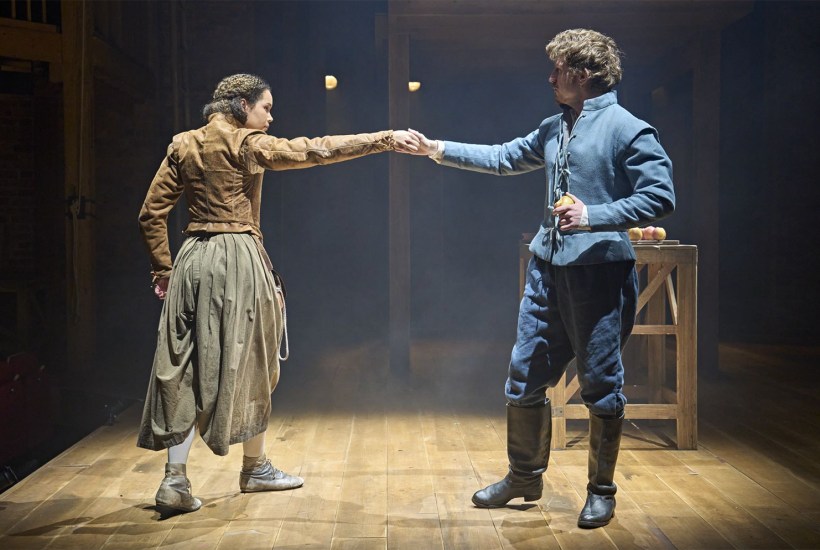
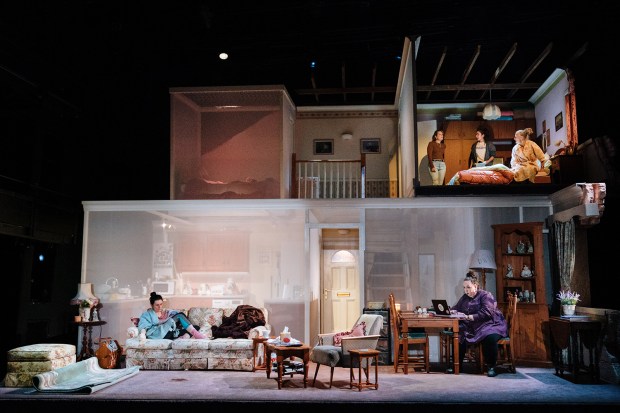
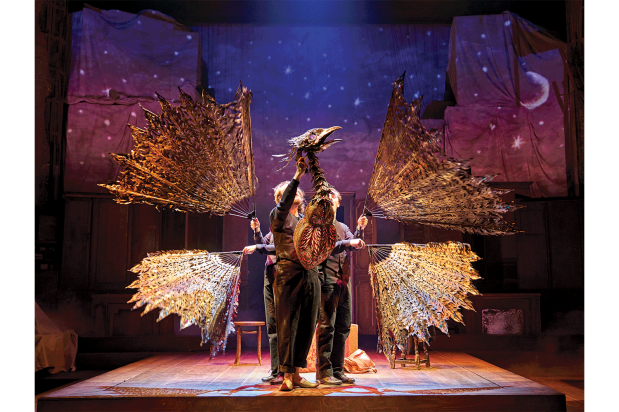

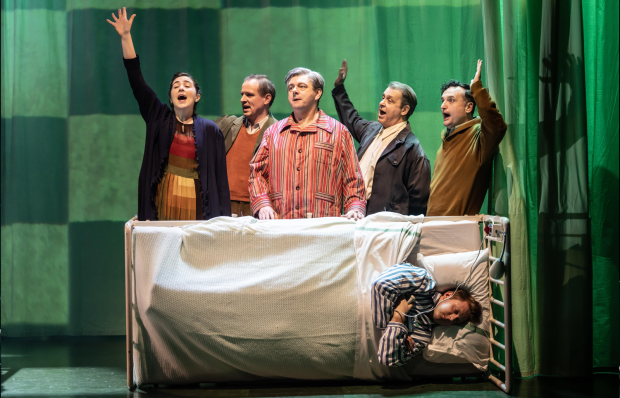
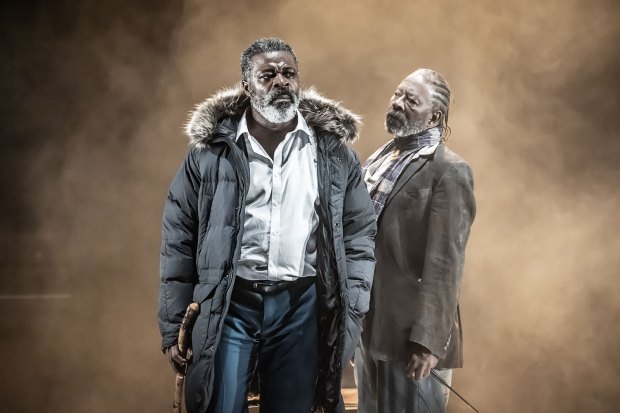







Comments
Don't miss out
Join the conversation with other Spectator Australia readers. Subscribe to leave a comment.
SUBSCRIBEAlready a subscriber? Log in